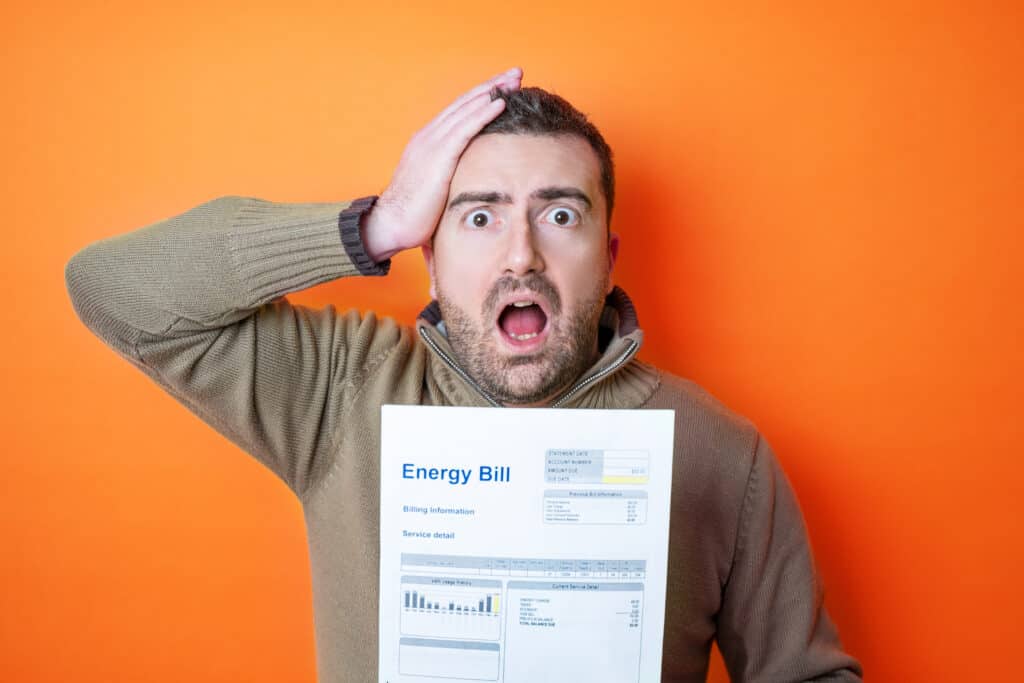Any product or company names, marks, or logos shown on this page are the property of their respective owners. Compare Power is an unaffiliated, independent marketplace. Get unbiased, accurate information backed by our commitment to editorial integrity.
Best Solar Panels for Your Texas Home
Texas sunshine is abundant—why not let it power your home? Solar panels can reduce your electric bills, increase property value, and reduce your carbon footprint.
Installing solar panels on your home is smart, especially in Texas, where sunshine is abundant, and energy costs can be unpredictable.
Here’s everything you need to know about solar panels for your Texas home, including the costs, benefits, and what to consider before switching to solar.
Key Takeaways
- Perfect for Texas: With year-round sunshine, Texas is ideal for solar. Installing panels can significantly reduce electricity bills, boost home value, and reduce carbon footprint.
- Choosing the Right Panels: Look for high-efficiency and durable panels. Monocrystalline panels offer top performance, while polycrystalline options are more affordable.
- Incentives and Buyback Programs: Texas homeowners can use SRECs and buyback programs, selling excess energy back to the grid to save even more.
Ready to go solar? Get a quick, no-obligation quote from Project Solar in just 5 minutes.
Get Your Free Project Solar Quote →
Solar Panels for Texas Homes
With some of the sunniest weather in the country, Texas is an ideal state for solar power.
Solar panels not only lower your energy bills but also reduce your dependence on the grid and can increase the value of your home.
This investment can pay for itself faster in Texas than in many other states.
Choosing the Right Solar Panels
Not all solar panels are the same. Before choosing a system for your home, consider these key factors:
- Efficiency: The higher the efficiency, the more electricity your panels generate from sunlight.
- Durability: Texas weather can be harsh, so make sure your panels are durable and withstand wind, hail, and heat.
- Warranties: Look for comprehensive warranties covering equipment and performance for at least 20-25 years.
- Cost: While cheaper panels might save you upfront, higher-quality, more efficient panels deliver better long-term value.
Types of Solar Panels
Three main types of solar panels are commonly used in residential systems:
- Thin-film: Lightweight and flexible but not ideal for home use due to lower efficiency.
- Monocrystalline: The most efficient and longest-lasting, but also the most expensive.
- Polycrystalline: More affordable but less efficient than monocrystalline.
Benefits of Solar Panels for Homeowners
- Lower Electricity Bills: Solar can drastically reduce or eliminate energy costs.
- Energy Independence: With solar, you can reduce dependence on traditional energy providers.
- Environmental Impact: Solar power is clean and renewable, reducing your carbon footprint.
- Increased Property Value: Homes with solar systems are often more attractive to buyers.
Solar Renewable Energy Certificates (SRECs)
Solar Renewable Energy Certificates (SRECs) are incentives that reward solar energy producers for contributing to the renewable energy sector.
SRECs are issued for every megawatt-hour of electricity generated by a solar system.
Buyback Programs in Texas
With solar energy, you can generate more electricity than you use.
In Texas, many providers offer buyback programs, allowing you to sell excess power back to the grid.
This can further reduce your energy costs or even generate additional income.
Call Reliant at (855) 887-2194 or Green Mountain at (844) 854-2257 and a representatives will guide you through enrolling in your home's best solar buyback plan.
Alternative Renewable Energy Options
If solar panels aren’t right for your home, you can still explore renewable energy plans to save on energy bills and reduce environmental impact.
ComparePower can help you find the best renewable energy plan.
Maintenance & Monitoring
Solar panels generally require little maintenance. However, to ensure maximum efficiency and lifespan, follow these tips:
- Keep Panels Clean: Dirt and debris can block sunlight, reducing efficiency.
- Monitor Shading: Trees or structures casting shadows can impact performance.
- Regular Inspections: Schedule professional checkups to ensure your system is working properly.
Solar Panels and Home Insurance
Most insurance policies cover solar panels as part of your home’s structure.
However, it’s important to notify your insurance provider about your installation to ensure adequate coverage in case of damage.
DIY vs. Professional Installation
While DIY solar installations may seem appealing, it’s not always the best route.
Professional installations are more efficient and reliable, come with warranties, and ensure you qualify for available tax credits and incentives.
Plus, you can skip the headaches of independently navigating the permitting and inspection processes.
Get Started with Solar
Ready to control your energy costs? Project Solar makes going solar easy, affordable, and transparent.
Their AI-powered quoting tool delivers a personalized quote in just 5 minutes—without the need for pushy salespeople or hidden fees.
You can even choose a DIY option for maximum savings or a complete professional installation for peace of mind.
Take advantage of Texas sunshine and start saving today.
FAQs for Texas Homeowners
Solar panels can be a significant investment, but they offer numerous benefits for Texas homeowners.
Harnessing the sun’s power can reduce energy bills, increase home value, and contribute to a greener future.
With careful planning, research, and professional guidance, you can choose the right solar panel system for your home.
Here are some common questions Texas homeowners have about solar panels and renewable energy:
Call us at 855-441-3030 Monday through Friday, 8:30 a.m. to 6:30 p.m., or Saturday, 9:00 a.m. to 4:30 p.m.









